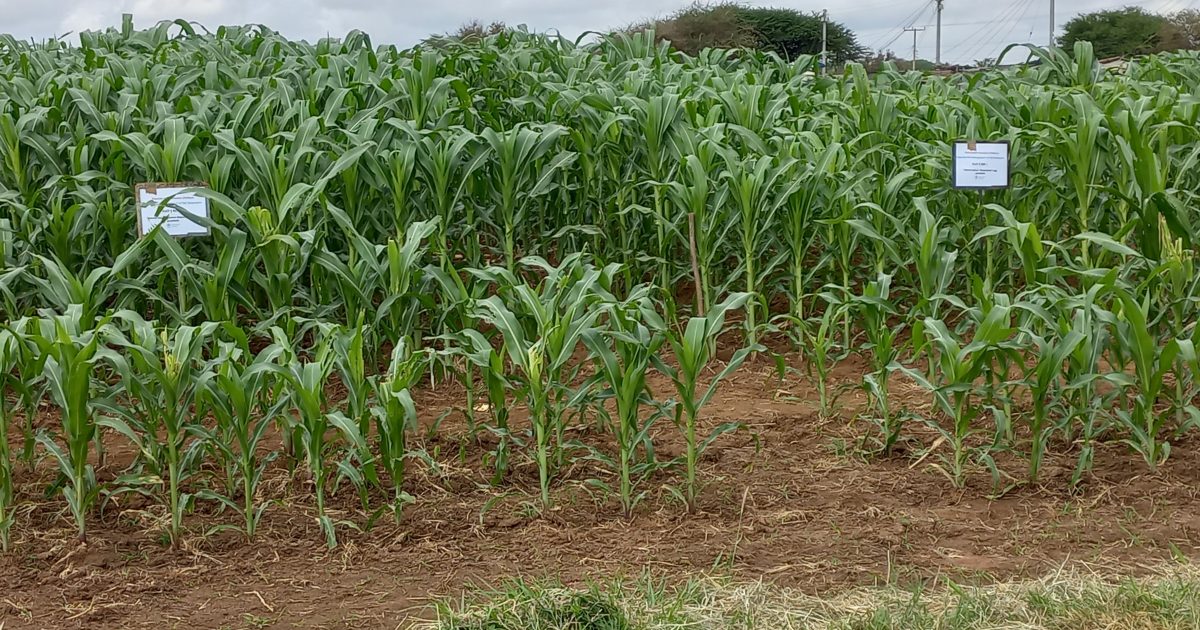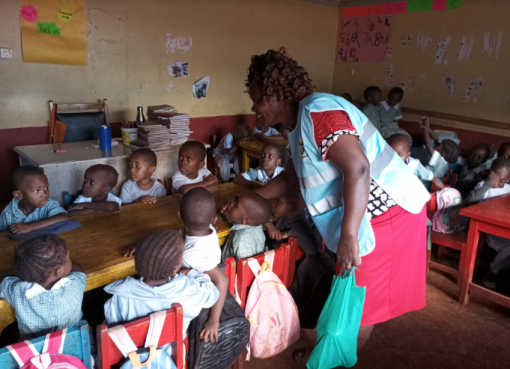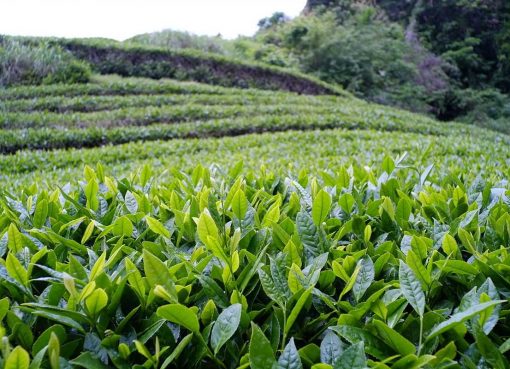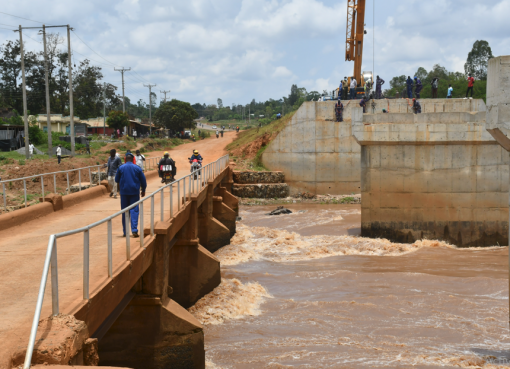The government is working on modalities to develop a sustainable food production master plan, Livestock Principal Secretary, in the state department of Agriculture Harry Kimtai has announced.
The PS explained that plans are under way to develop a comprehensive master plan to enhance food security in the country.
“The Government’s intention to develop the first ever food production master plan is prompted by perennial food insecurity. The plan will largely focus on irrigated agriculture and other modern farming techniques,” said Kimtai.
Kimtai revealed the plan during the 1st Kenya Agriculture Livestock and Research Organization (KALRO) Scientific Conference and Exhibition that also marked the10 years celebrations since the Agricultural Sector Transformation and Growth Strategy (ASTGS) was unveiled to help in drafting the proposed master plan.
“Due to poor storage systems the country incurs post-harvest losses to the tune of close to 40 per cent annually thus contributing to reduction of food that is consumed. Further, the majority of farmers are still deepening on old farming methods which are vulnerable to climate change shocks and thus denying the country an opportunity to produce more,” he added.
Based on the fact that more than 80 per cent of the agriculture functions are devolved, Kimtai confirmed that the County governments will be included in formation of the plan and thus makes it easy when being implemented.
The four day conference that has drawn researchers from government research agencies, private sector and academia is running under the theme ‘Transformative agricultural technologies, innovations and management practices for food and nutrition security, income and climate resilience will discuss major issues in the food production sub sector.

Dr. Stephen Mbithi Mwikya, , the Blue Economy Resources secretary at the office of the president said the biggest food security threat currently in the country is getting worse progressively in the area of climate change, Population and Land use and this is what will be able to determine the phase of Kenya’s economic development.
He noted that working towards sustainable food systems in the country will require the country to have Sustainable food production master plan largely based on irrigation, Planned Production , marketing systems and Food diversification to meet nutritional needs
“A sustainable food production master plan will require Crop and pasture production based on sustainable irrigation systems, Land consolidation as well as Food / dietary diversification. We cannot afford to lose 30 percent of food to post harvest losses”, he said
He noted that an efficient marketing system would also be a great catalyst for production saying Kenya must also leverage on global supply systems to stabilize food prices.
“98 percent of Kenya’s agriculture is rain fed, 78 percent of food is produced by small scale farmers. In Kenya, there is about 3 million acres of irrigable land and only 10 percent is currently being utilized. Irrigation has the potential to increase food output by about 400 percent and therefore emphasis should shift from providing drinking water to providing water for irrigation”, Dr. Mwikya said
The Blue Economy secretary emphasized also on the food dietary diversification saying over reliance on maize as the main staple diet is unsustainable
“Food diversity leads to better nutrition, lower food safety risks and health populations and that is what is recommended is a green scheme model, that integrates large nucleus farm with many smaller scale farms, all sharing same irrigation infrastructure, Shared input supplies and marketing systems that leads to economies of scale, and profitability
Dr. Mwikya however said that Kenya’s food security challenges will require close collaboration of deliberate Policy Leadership; Sound Research; Private sector investment; and Supportive financing mechanisms.
Dr. Siboniso Moyo, Deputy Director General for research and development livestock genetics and feeds and forages at the International Livestock Research Institute (ILRI) said Livestock Technologies and Innovations offers opportunities to sustainably increase livestock productivity, leading to improved livelihoods and transformation of food systems.
She added that in collaboration with KALRO, ILRI has been working on conservation and characterization of feeds, forage and livestock diversity.
Agriculture is an important sector of the country’s economy providing jobs to more than 75 percent of the population and contributing to over 20 percent of the country’s GDP. The success in the sector is partly attributable to research and development initiatives spearheaded by KALRO in the past 10 years.
The research has led to the development of crop varieties, improved livestock breeds, and innovative technologies that are helping farmers to produce more, and secure their livelihoods.
By Wangari Ndirangu





